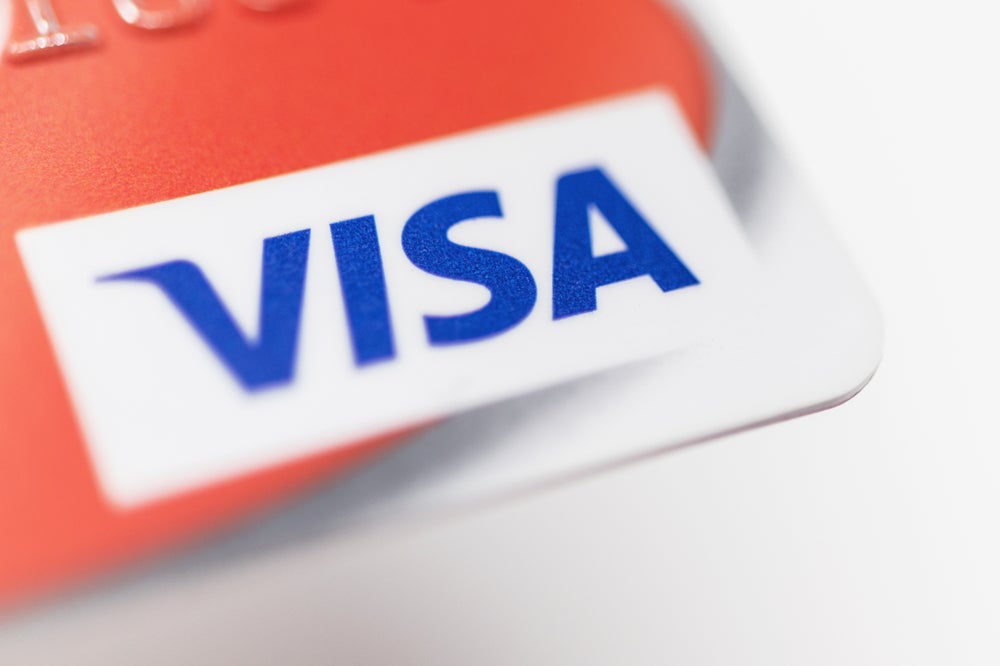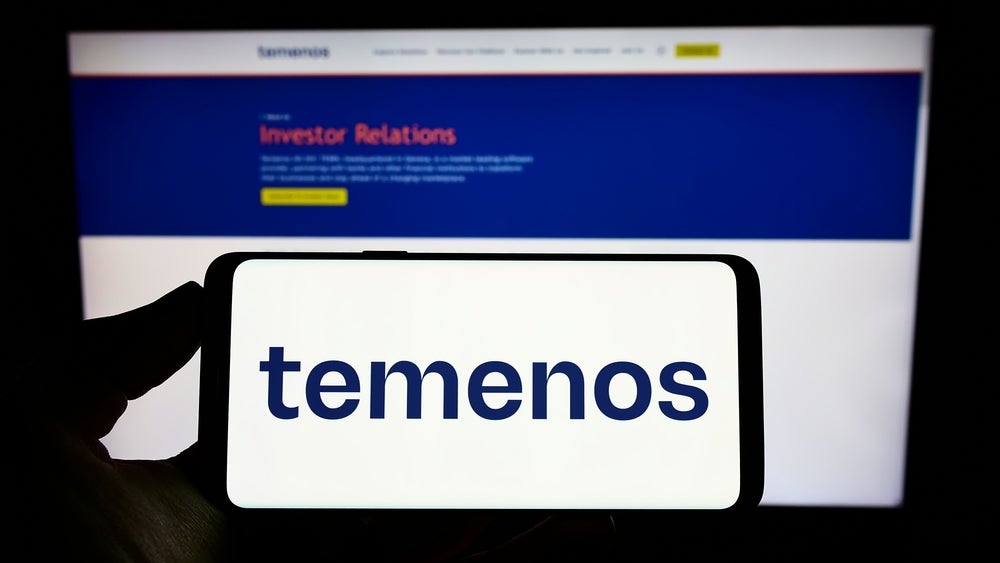card operator American Express $2.25 billion in settlement of an
anti-trust lawsuit. The suit was filed in November 2004, and
alleged that Visa and MasterCard, plus eight major banks, acted to
obstruct American Express’s access to the bank-issued card market
in the US. American Express stated at the time that it had been
effectively locked out of the bank-issued card business in the US,
and sought damages for business lost as a result of
anti-competitive business practices.
Under the agreed settlement, Amex will obtain an aggregate maximum
payment of $2.25 billion – the largest amount ever paid to resolve
an anti-trust matter. Amex plans to book $1.13 billion of the
settlement figure in the fourth quarter 2007. The remaining sum
will be payable in instalments of up to $70 million per quarter
over the next four years, subject to achieving certain quarterly
performance criteria within the US network services business of
Amex. The settlement will be financed by Visa’s member banks.
Amex earlier dropped its action against three financial
institutions that began issuing their cards – Bank of America,
Household International (now owned by HSBC) and USAA Federal
Savings Bank. The remaining individual banks named in the lawsuit –
JPMorgan Chase, Capital One, US Bancorp, Providian and Wells Fargo
– will also be dropped as defendants. This comes nearly three years
after the US Supreme Court ruled that both Visa and MasterCard
infringed anti-trust rules by forbidding their member banks to
offer their customers credit cards that could be used on
alternative payment networks.
No concession of liability
Visa’s move to settle the matter is an attempt to effectively deal
with pending legal action before its planned initial public stock
offering next year. In resolving the issue, it was “not conceding
any liability in the dispute”, according to a press release by the
company.
The payment is expected to be made largely with the proceeds of
Visa’s initial public offering, thereby reducing the burden on each
of its individual members. However, it will also considerably
diminish the gains they might see from the public offering.
How well do you really know your competitors?
Access the most comprehensive Company Profiles on the market, powered by GlobalData. Save hours of research. Gain competitive edge.

Thank you!
Your download email will arrive shortly
Not ready to buy yet? Download a free sample
We are confident about the unique quality of our Company Profiles. However, we want you to make the most beneficial decision for your business, so we offer a free sample that you can download by submitting the below form
By GlobalDataNews of the outcome is likely to put pressure on Visa to come to a
similar deal with Discover Financial, which had also filed suit in
2004. While the settlement figure with American Express establishes
a financial precedent, it is unclear what the exact figure for
damages owed to Discover Financial will be. The announcement will
also put pressure on MasterCard, which is the target of similar
lawsuits by both American Express and Discover. MasterCard is the
sole remaining defendant in the American Express suit.
Moshe Orenbuch, an analyst at Credit Suisse First Boston, told CI:
“Amex is willing to proceed to trial against MasterCard in
September 2008 and believes that it can win, and that MasterCard
would then be liable for all the damages. Amex believes that the
damages are the profits foregone from lost merchant discount
revenues on bank-issued Amex cards, as well as lost profits from
decreased merchant acceptance and related lower fees. The damages
could be trebled if it went to trial and American Express wins. In
effect, MasterCard now becomes liable for all the damages despite
the payments made by Visa.”
Sanjay Sakhrani, an analyst at Keefe, Bruyette & Woods, told
CI: “We think the settlement is clearly a win for Amex as it not
only corroborates the case that its business was negatively
affected by the actions of Visa and MasterCard, but also provides
Amex with a substantial monetary settlement from Visa. We think
this likely paves the way for MasterCard to settle in order to
avoid a trial where the damages could potentially be tripled.
“While Discover has had less success in signing up US bank card
issuers to its network, Discover’s (lawsuit) claim encompasses the
fact that the exclusionary rules not only precluded them from
signing on banks but also with third-party merchant acquirers. The
latter strategy is one that Discover is employing to expand
acceptance of its card. We think at minimum the Visa/Amex
settlement corroborates that there is a case here and increases the
chances of some type of settlement for Discover.”







